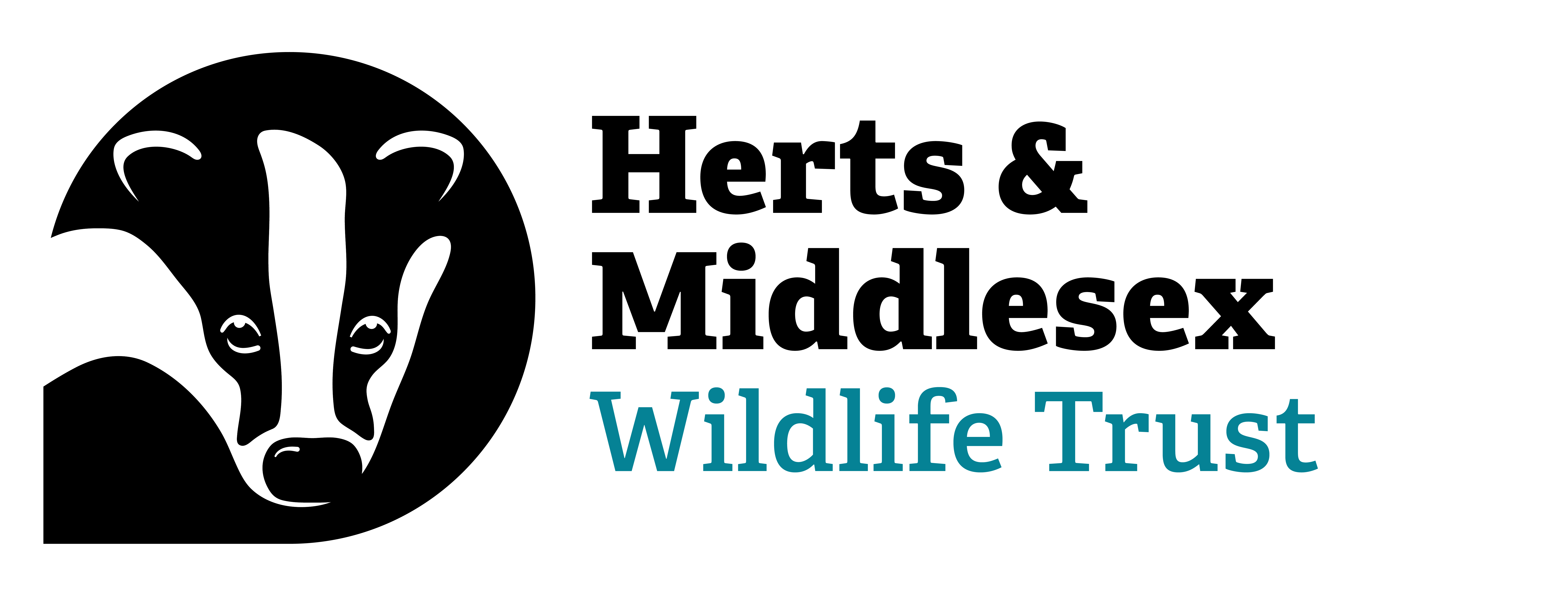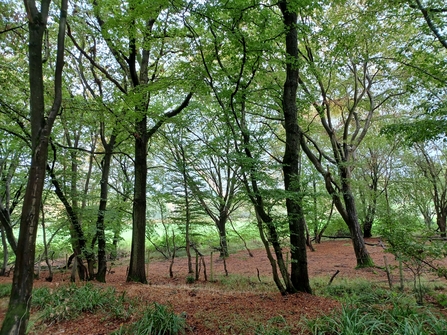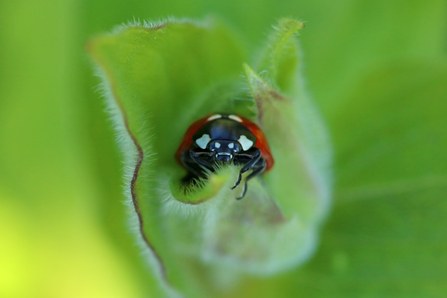Bugs, critters, creepy crawlies, minibeasts, insects, invertebrates… whatever you know them as, local wildlife charity Herts and Middlesex Wildlife Trust want us to celebrate our insects and realise what an important part they play in our ecosystem and our everyday lives.
Insects are pollinators of 80% of crops in Europe – that means they are responsible for most of the fruit we eat, many vegetables and some biofuel crops, which provide organic matter for a renewable energy source and an alternative to fossil fuels. But invertebrates, including pollinators are in decline. This is viewed globally as a risk to biodiversity, long-term food security and ultimately human health. So, what is being done to protect these small heroes of our natural world and what more can we all do to embrace them?
Locally, Herts and Middlesex Wildlife Trust manage 40 nature reserves, all of which are priority habitats for wildlife. Insects are a vital consideration for conservation work, and the Trust manage grassland, heathland, woodland and wetland sites to encourage a diverse range of plant species and structure, which attract different insects, including bees, butterflies, moths, hoverflies and other pollinators, many beetle species, midges, mayflies, dragonflies and damselflies.


